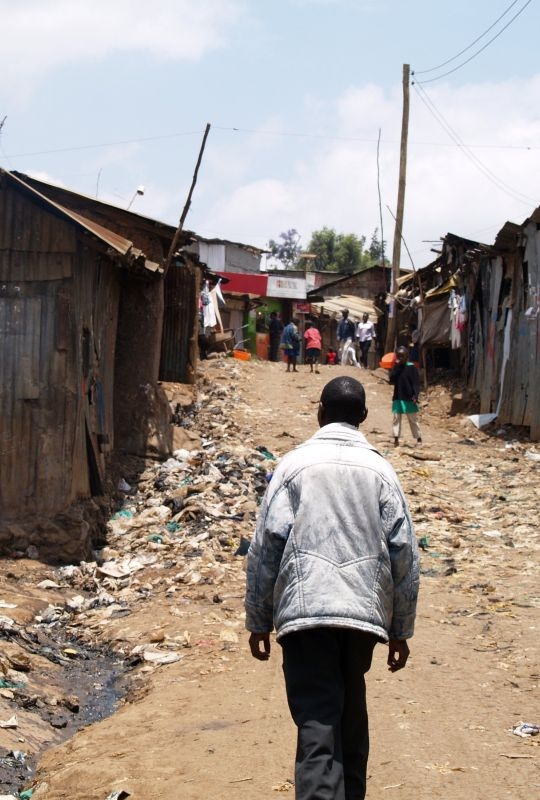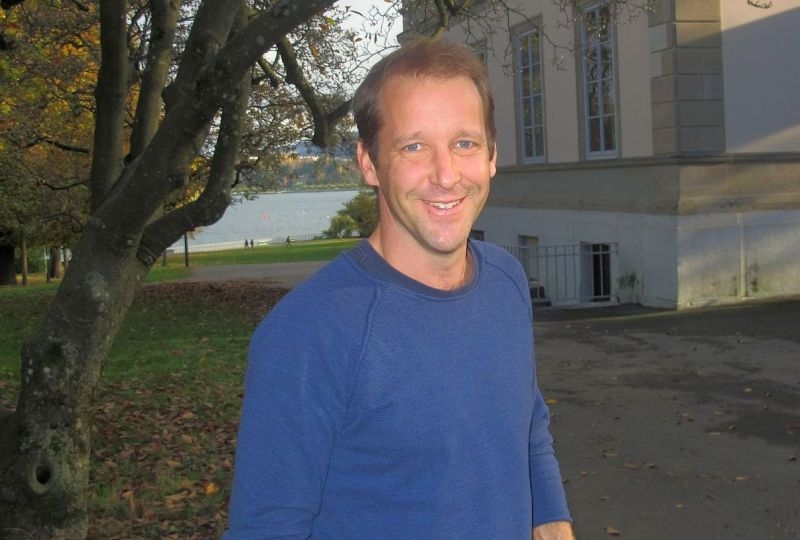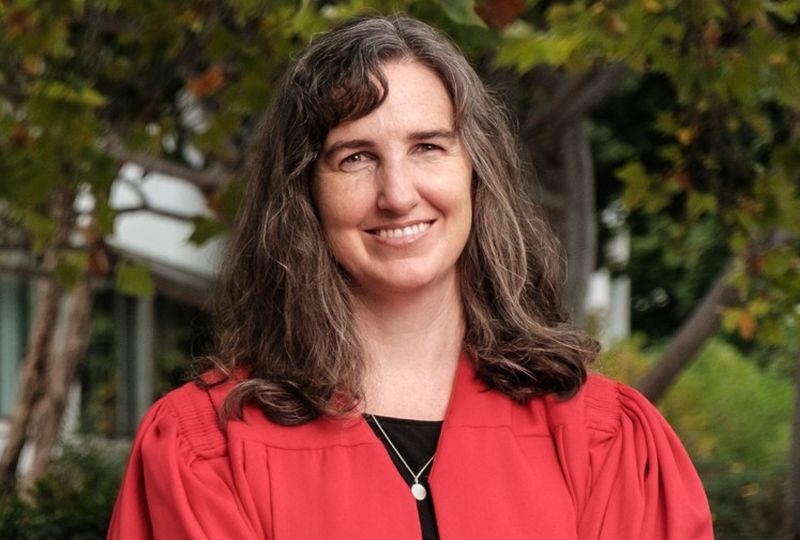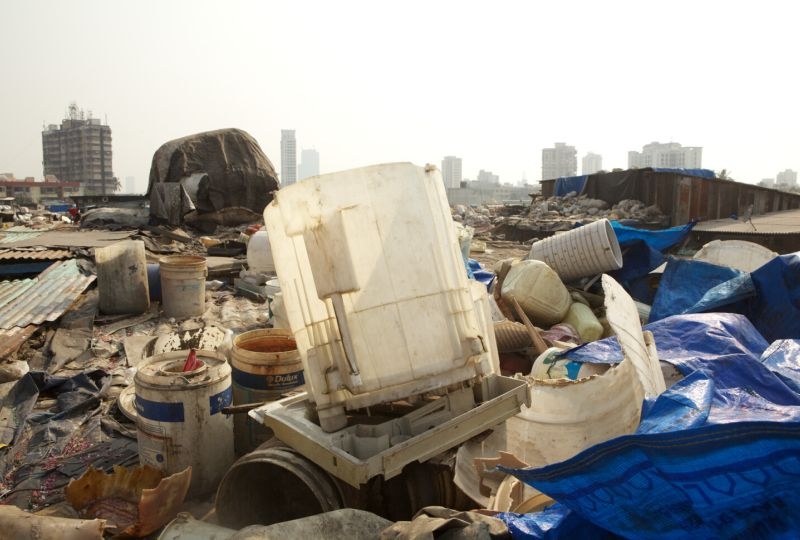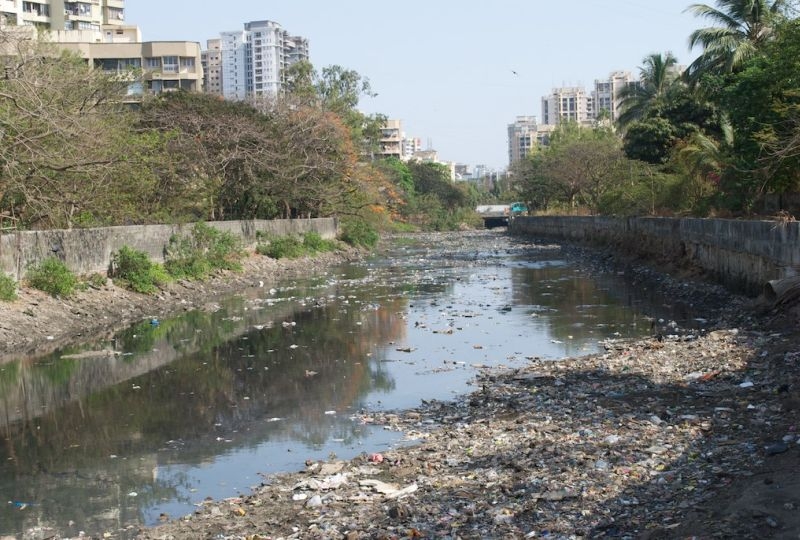UN human rights mechanisms and the UN General Assembly play a crucial role in devising concrete avenues and recommendations for implementing the right to a clean, healthy and sustainable environment, notably at the national level.
‘This mainstreaming will notably encourage states to prioritize the implementation of this right through legislation, policy and resource allocation. It will also potentially provide access to justice and remedies for those who suffer from the impacts of environmental degradation and climate change’ explains Dr Christophe Golay, Senior Research Fellow and Strategic Adviser on Economic, Social and Cultural Rights at the Geneva Academy.
‘It is important to build on this momentum and work for ensuring implementation, notably by providing relevant stakeholders – states, UN human rights mechanisms and oversight mechanisms of multilateral environmental agreements – with the scientific-based evidence to guide their work in integrating and better protecting the right to a clean, healthy and sustainable environment. This is precisely what we will do with this project’ underlines Dr Megan Donald, Associate Research Fellow at the Geneva Academy.


